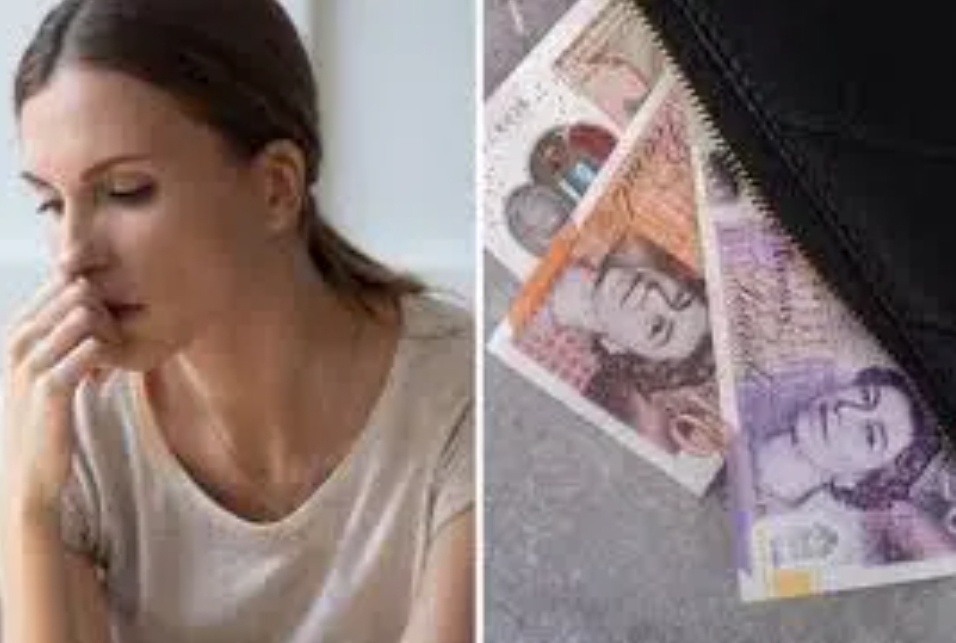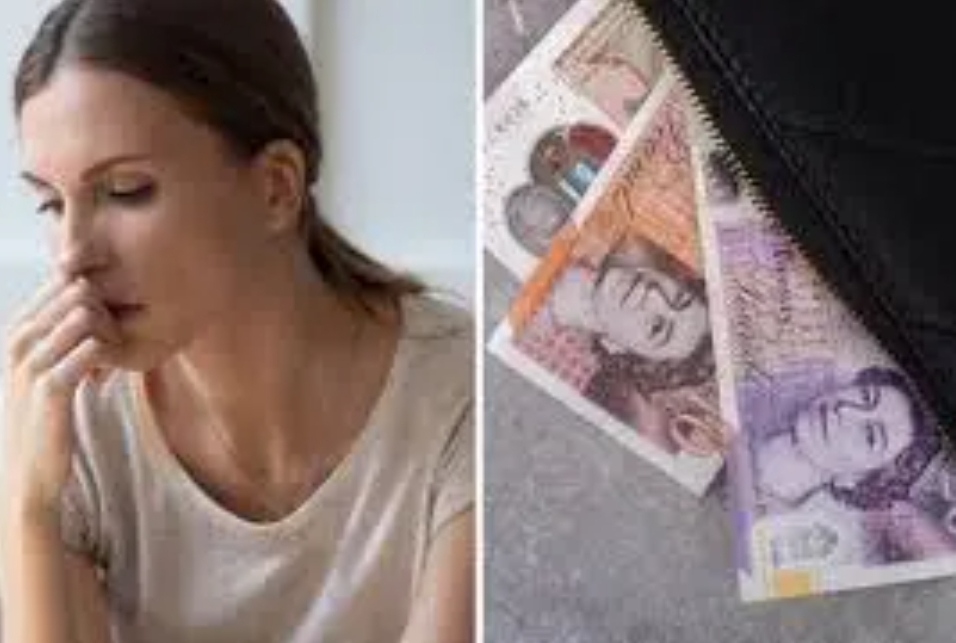
As the cost of living crisis continues to affect households across the UK, the government has taken steps to provide relief to struggling families in the form of the latest Cost of Living payment, as reported by Mirror. However, despite the noble intentions behind this support, some individuals are expressing concerns about not receiving their payment. Here, we explore the details of this crucial financial assistance and the reasons behind the worries.

The £300 Cost of Living payment is the second of three installments aimed at assisting approximately seven million households throughout the UK. The Department for Work and Pensions (DWP) initiated the distribution of these payments starting on October 31, 2023, with the goal of providing much-needed financial relief to those grappling with the escalating costs of everyday essentials.
Mirror reported that, these payments are part of a broader effort to address the challenges posed by the cost of living crisis. The £900 aid package, issued in three installments of £301, £300, and £299, has been scheduled to be paid out during the tax year 2023/24. The first installment, totaling £301, was disbursed during the spring of this year, and the third and final payment is expected to be issued in the spring of 2024.
The concept of distributing aid in multiple installments is designed to provide continuous support and relief throughout the tax year, ensuring that households receive timely assistance to cope with the financial burdens they face. These payments are a part of the government’s strategy to help individuals and families weather the economic challenges brought about by the cost of living crisis.
However, despite the well-intentioned nature of these payments, concerns have arisen among some recipients who have not yet received their share of the £300 Cost of Living payment. The reasons behind these worries may vary and can be attributed to a range of factors.
One potential explanation for the delay in receiving the payment is the sheer volume of households and individuals in need of assistance. The DWP is tasked with managing the distribution of these payments to millions of recipients, which can be a complex and time-consuming process. As a result, some individuals may experience a delay in receiving their payment due to administrative or logistical challenges.
Furthermore, discrepancies in eligibility criteria may also play a role in the concerns of some individuals. Eligibility for the Cost of Living payment is typically determined based on various factors, such as income, employment status, and household composition. Those who do not meet the specified criteria may find themselves ineligible for the payment, leading to their concerns about not receiving it.
To address these concerns, individuals who believe they are eligible for the Cost of Living payment but have not received it should consider reaching out to the DWP or the relevant government agencies responsible for administering these payments. Seeking clarification and guidance from these authorities can help ensure that eligible individuals receive the financial assistance they are entitled to.
The Cost of Living payment is a critical part of the government’s efforts to support families and individuals grappling with the financial pressures brought on by the cost of living crisis. It serves as a lifeline for those who are most affected by the rising costs of essentials such as housing, energy, and food.
The government’s Cost of Living payment is a vital source of financial relief for struggling families and individuals facing the challenges of the cost of living crisis. While concerns may arise among those who have not yet received their payment, it is crucial to remember that the distribution process can be complex, and eligibility criteria must be met. For those who believe they are eligible but have not received their payment, reaching out to the relevant authorities is a recommended course of action to ensure that they receive the assistance they need.




